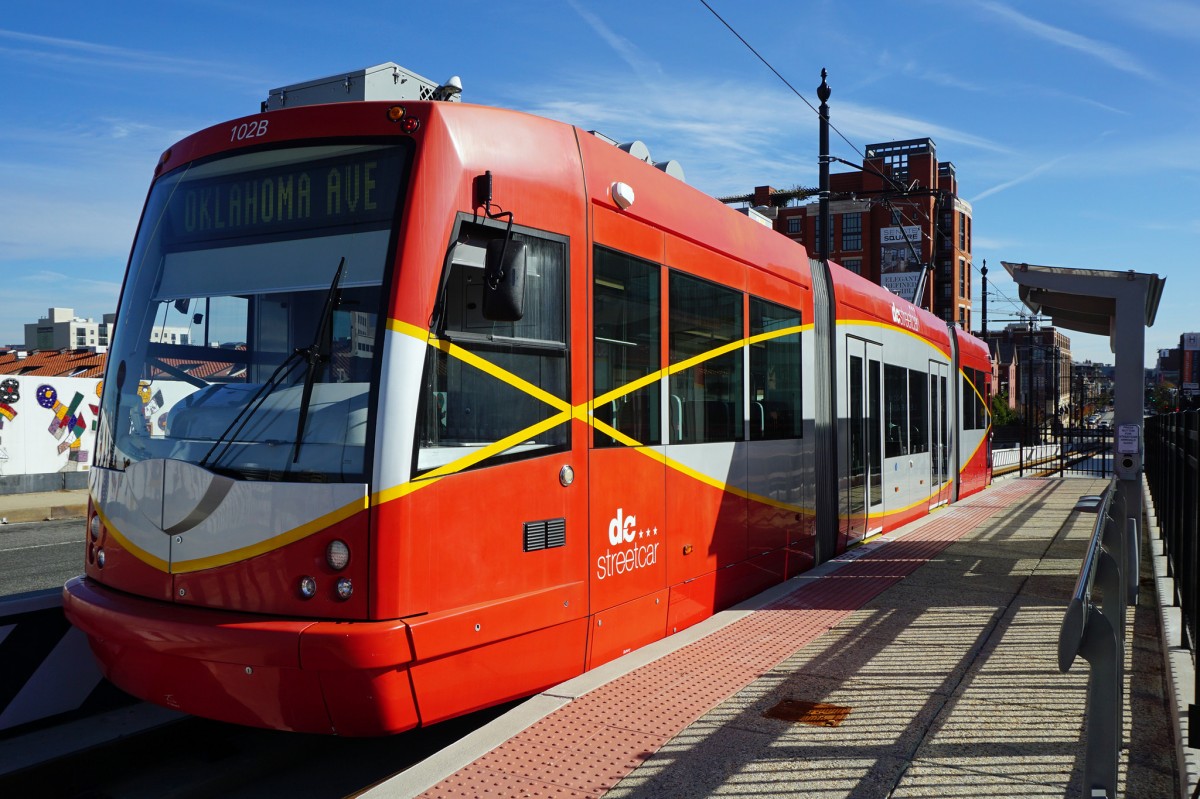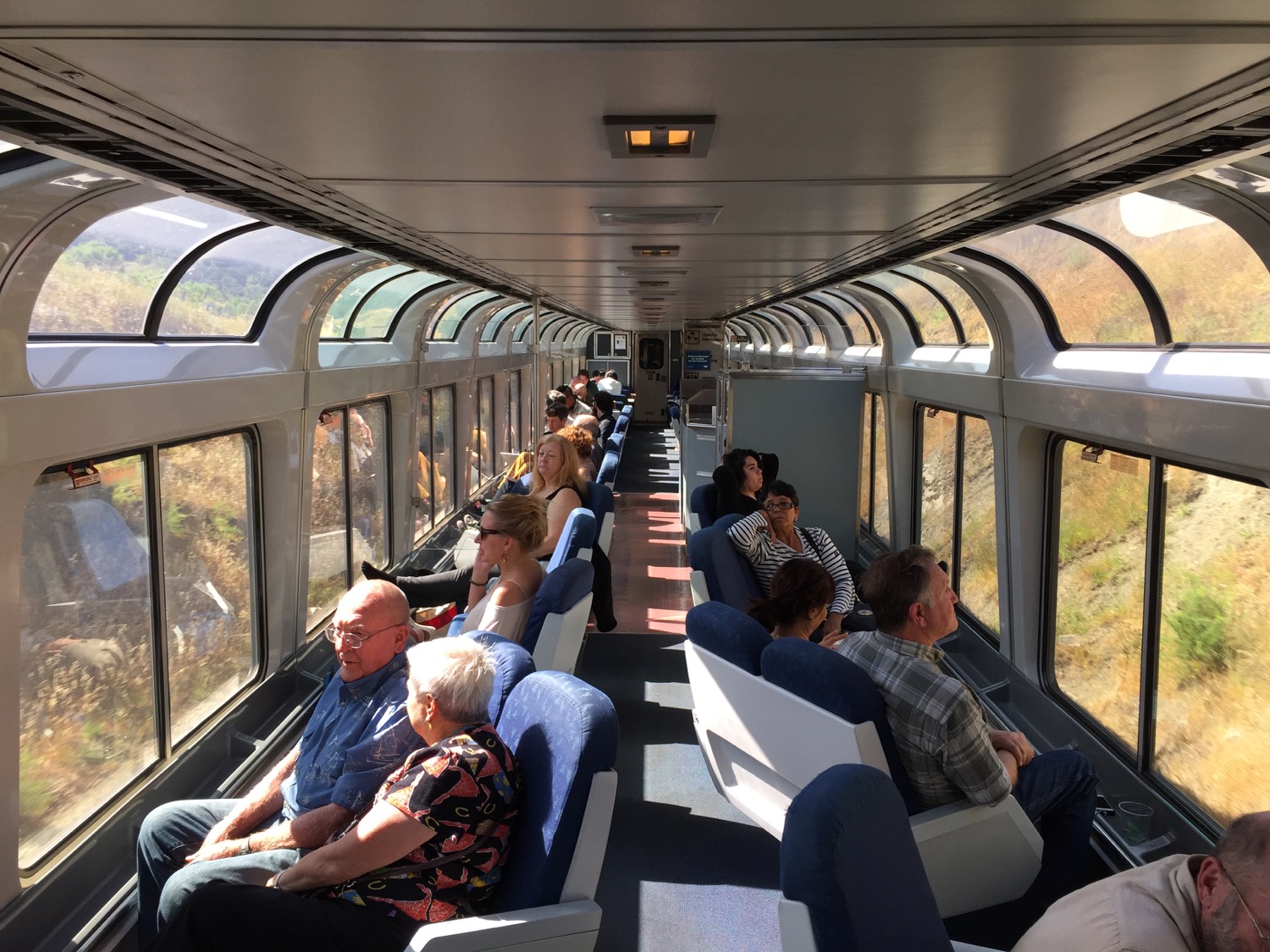As the Obama administration's inter-agency sustainable communities project commands a growing share of attention and funding in Washington, the response from conservatives and business lobbies has been decidedly less than enthusiastic.
 Washington D.C.'s bike sharing stations, above, got a prominent mention in the AASHTO report. (Photo: afagen via Flickr)
Washington D.C.'s bike sharing stations, above, got a prominent mention in the AASHTO report. (Photo: afagen via Flickr)When Transportation Secretary Ray LaHood issued a non-binding statement of support for bicycle and pedestrian infrastructure, stopping short of setting any "complete streets" standards for federal projects, the National Association of Manufacturers declared the idea "nonsensical."
But that initial backlash may be giving way to an "if you can't beat 'em, join 'em" attitude among road-building industries. In fact, the American Association of State Highway and Transportation Officials (AASHTO) -- state DOTs' voice in the capital -- marked the 40th anniversary of Earth Day today with a new report that depicts roads and highway funding as essential to building more livable neighborhoods.
"While State DOTs support what can be done through transit, walking and biking to enhance 'livability,' what has been missing from the national dialogue is what can be accomplished through road-related improvements," AASHTO executive director John Horsley wrote in his introduction to the report.
Among the 13 developments AASHTO describes as evidence that state DOTs are "investing in community livability," two are not directly related to environmentally friendly transportation: creating jobs and stimulating the economy.
Other items on the list of 13 substantively overlap. For instance, AASHTO separates "green projects" such as the Detroit area's Midtown Loop -- a walking and biking path that got $2.3 million in stimulus aid last year -- from Transportation Enhancements, a 20-year-old program that requires states to set aside 10 percent of federal road formula money for bike-ped facilities or other, related efforts.
Yet the Midtown Loop, like many U.S. greenways, got its federal funding largely from the Enhancements program, which was the U.S. DOT's primary route for promoting cleaner transportation until the Obama administration launched its sustainability push.
Indeed, part of the mission of AASHTO's report appears to be broadening the umbrella of "livability," which LaHood managed to define in 12 words during a little-seen October interview, to include more generalized economic development projects. For every mention of "complete streets" principles in the report, there is a corresponding attempt to seize the mantle of sustainable transport that is often claimed by bicycle and pedestrian advocacy groups.
"A public policy that addresses true livability must include not only urban but rural communities, not only the environment but also the economy, not only transit riders and bicyclists, but soccer moms and family vacationers at the Grand Canyon," the report states.
A downloadable PDF of the AASHTO document is available here.





